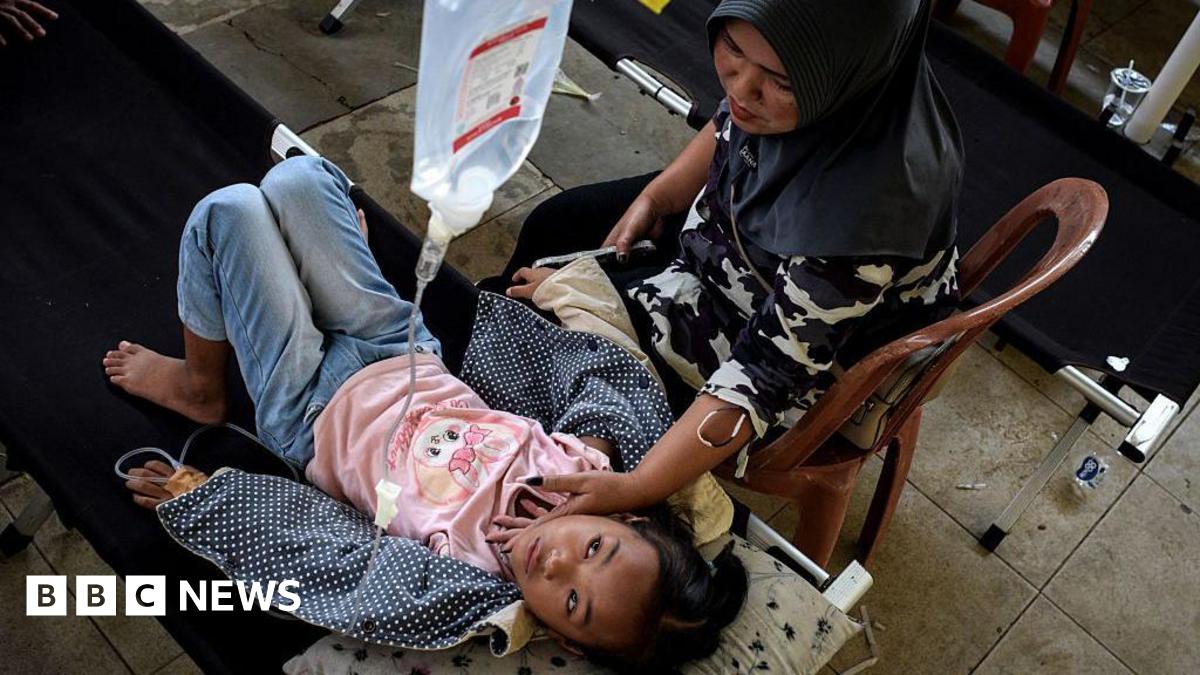Data centres also require investment and investors are especially rattled after the abrupt sacking of the highly respected former finance minister Sri Mulyani Indrawati.
Mulyani’s house was ransacked in the protests by demonstrators, who blamed her for the high cost of living. Her replacement is a relatively unknown official, Purbaya Yudhi Sadewa, who has said the protests were due to monetary “mistakes”.
He is a big supporter of Prabowo’s ambition for 8% annual growth by 2029 – a rate the country has not achieved since the 1990s.
Even the current 5% rate of expansion is disputed by some economists, who also say economic data has been politicised to meet Prabowo’s growth target. Airlangga denied this.
“I’m optimistic that Indonesia is still attractive,” he said, citing “the value chain, the investment climate and the quickness of President Prabowo to do deregulations”.
Economists, however, say falling car sales, shrinking foreign investment, contraction in manufacturing and reports of layoffs suggest economic activity is weakening, rather than strengthening.
“Indonesia’s economy is based on consumption, and so from the perspective it can continue to provide a steady engine even if it does not grow significantly,” Mr Samdin said.
“Growth might slow, but the sheer size of the population will provide some economic activity.”
That may reassure optimistic investors but it does not solve the challenges that lie ahead for President Prabowo.
